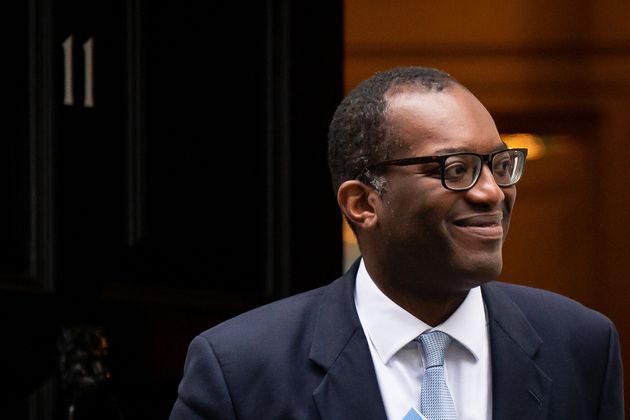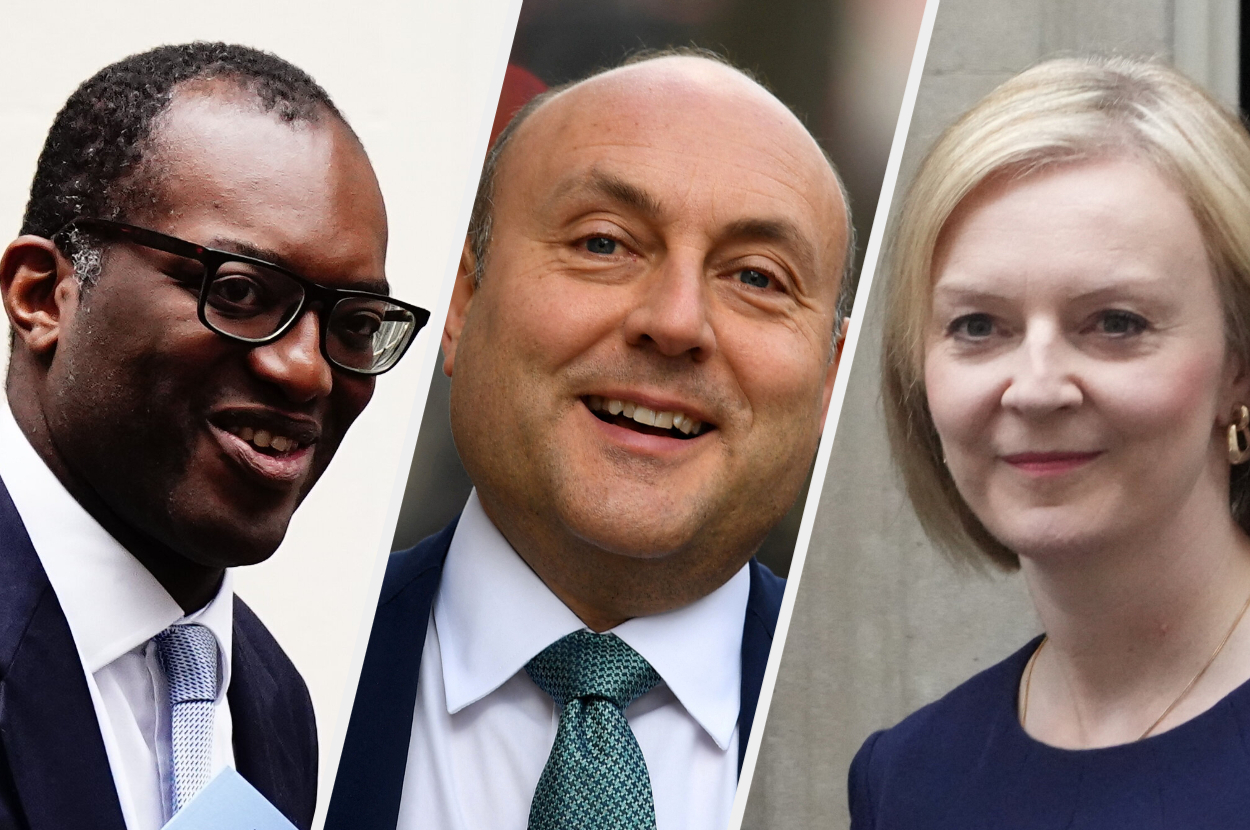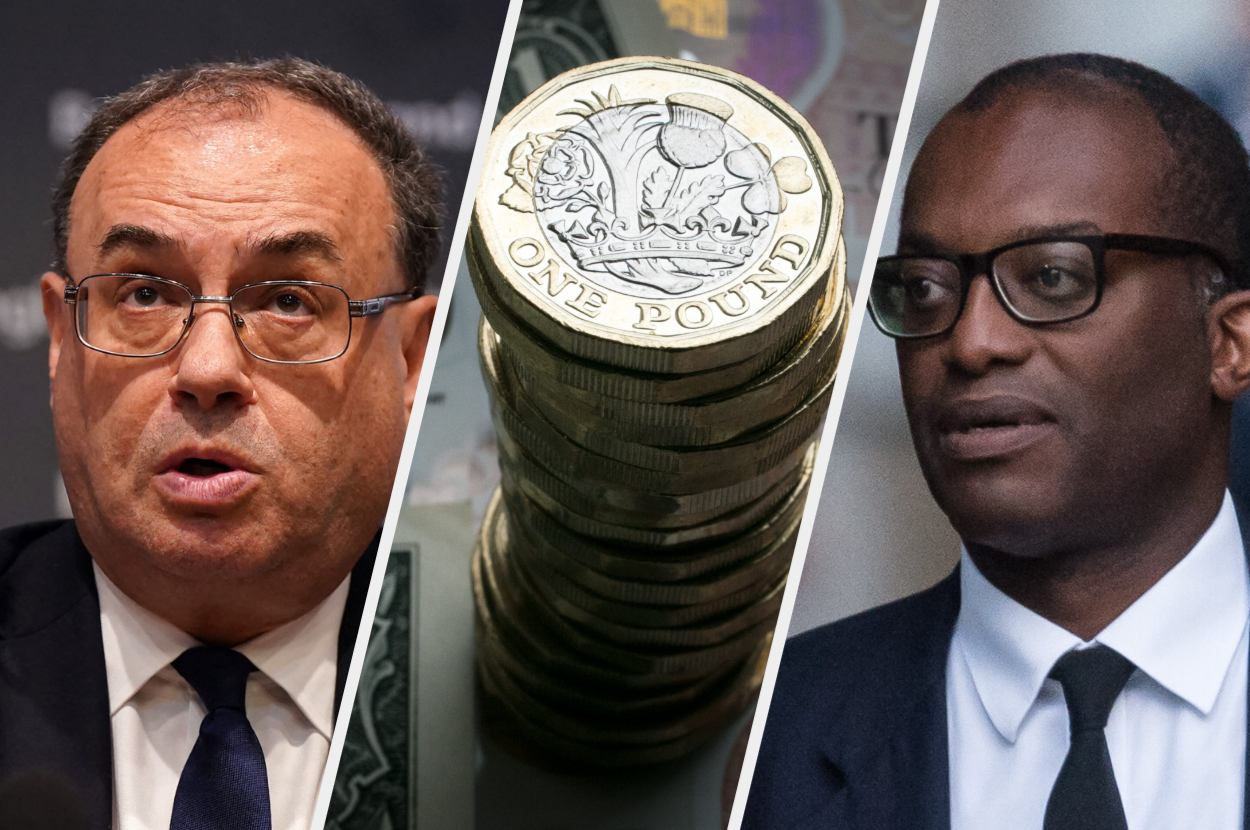
Austerity is to be revived to tackle the economic crisis critics says was caused by a splurge on tax cuts in the government’s mini-budget.
HuffPost UK understands Chris Philp, chancellor Kwasi Kwarteng’s deputy in the Treasury, will write to Cabinet ministers to urge them to make efficiency savings in their departments’ existing budgets to help balance the public finances.
It marks a significant change in direction since, in 2018, then prime minister Theresa May declared the government’s programme of austerity – started by her predecessor David Cameron eight years earlier – was “over”.
It also signals Liz Truss’s government will not row back from a massive £45 billion tax cut funded by government borrowing.
Chris Philp, Chief secretary to the Treasury, to write to all Secretaries of State telling them to identify efficiencies and reprioritise departmental spending plans.
Treasury source insists that even with 10% inflation, departmental spending is still growing in real terms.
— Kevin Schofield (@KevinASchofield) September 28, 2022
It came as the Bank of England has launched an emergency UK government bond-buying programme to prevent borrowing costs from spiralling out of control.
It was the latest shock move after the pound briefly slumped to an all-time low, triggering fears of sharp interest rate rises to save the currency.
The Bank’s extraordinary intervention, responding directly to the government’s tax-cutting strategy, will pile further pressure on Truss and Kwarteng to defend a vision for the economy that has spooked markets and shocked most mainstream economists.
While the pound hit an all-time record low of 1.03 against the US dollar on Monday, the yield on 10-year gilts – which is a proxy for the effective interest rate on public borrowing – has also soared by the most in a five-day period since 1976, according to experts.
Truss and Kwarteng have stayed publicly silent since the weekend, with only financial secretary to the Treasury Andrew Griffith sent out to the media on Wednesday.
He insisted the government was sticking to the plan set out by Kwarteng in the Commons on Friday.
“What the chancellor and I are focused on is delivering that economic growth plan,” he said in a pooled clip for broadcasters.
“We think they are the right plans because those plans make our economy competitive.”


